Cloud computing has revolutionized the way businesses and individuals manage their data, applications, and IT infrastructure. With the growing demand for scalable, reliable, and cost-efficient technology solutions, cloud service providers have stepped up to offer a wide range of services tailored to diverse needs.
Here, we explore the top 10 cloud computing services that you should know about in 2025.
- Amazon Web Services (AWS)
- Microsoft Azure
- Google Cloud Platform (GCP)
- IBM Cloud
- Oracle Cloud Infrastructure (OCI)
- Alibaba Cloud
- Salesforce Cloud
- VMware Cloud
- SAP Cloud Platform
- DigitalOcean
1. Amazon Web Services (AWS)
AWS remains the undisputed leader in cloud computing, catering to startups, enterprises, and government organizations with its extensive suite of services. From Elastic Compute Cloud (EC2) for scalable virtual servers to Simple Storage Service (S3) and Glacier for reliable object storage, AWS excels in versatility.
It also leads in AI and machine learning through SageMaker and provides robust database solutions like DynamoDB and Aurora. Its global infrastructure, unmatched security, and advanced developer tools solidify AWS as the top choice for organizations of all sizes.
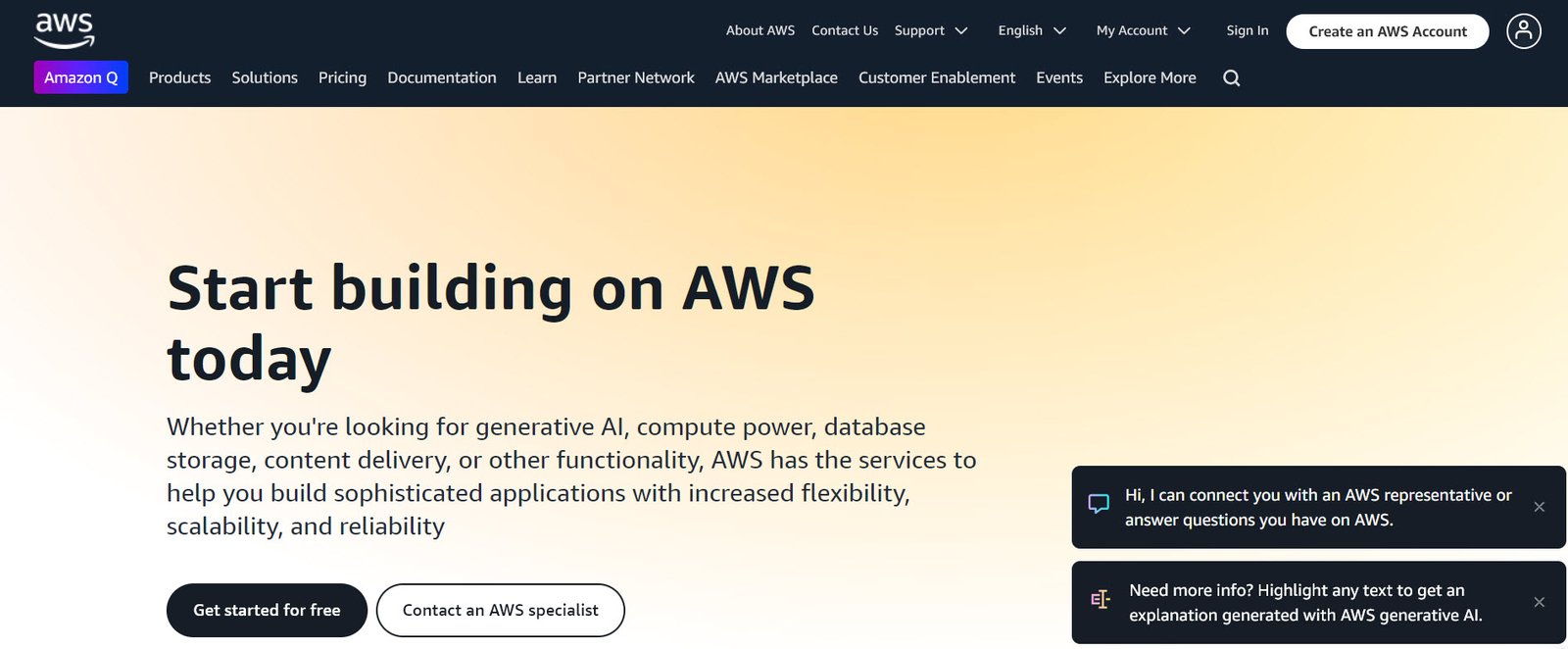
2. Microsoft Azure
Microsoft Azure is a strong contender, offering over 200 products and services seamlessly integrated with Microsoft’s ecosystem. Its hybrid cloud capabilities, powered by Azure Arc, enable consistent management across on-premises, multi-cloud, and edge environments.
Azure’s Cognitive Services and Synapse Analytics empower businesses with intelligent insights, while Azure DevOps and Visual Studio streamline development. With a focus on hybrid solutions and enterprise compatibility, Azure is a favorite for organizations heavily invested in Microsoft technologies.
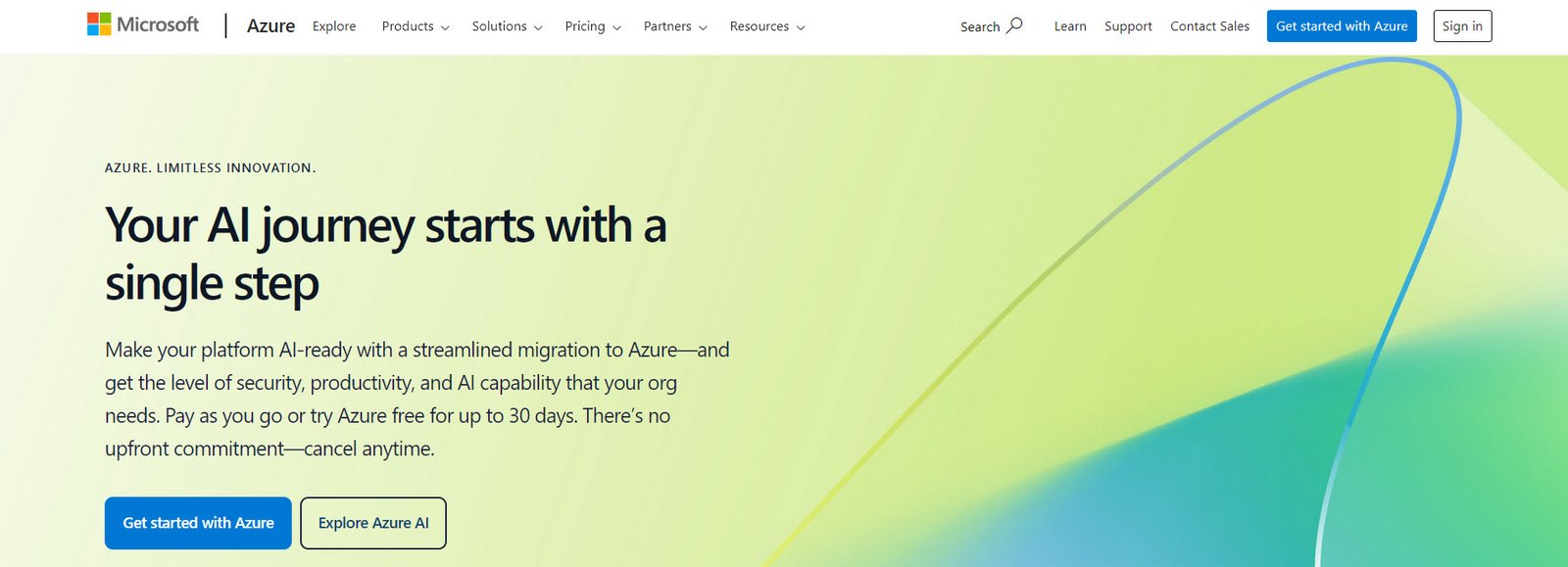
3. Google Cloud Platform (GCP)
GCP stands out for its expertise in data analytics, AI, and machine learning. It provides powerful tools like Compute Engine for scalable hosting, BigQuery for lightning-fast data analytics, and TensorFlow for advanced AI development.
Its storage solutions are flexible and reliable, and its innovative offerings make it ideal for data-driven enterprises. Businesses leveraging AI and big data often turn to GCP for its cutting-edge capabilities.
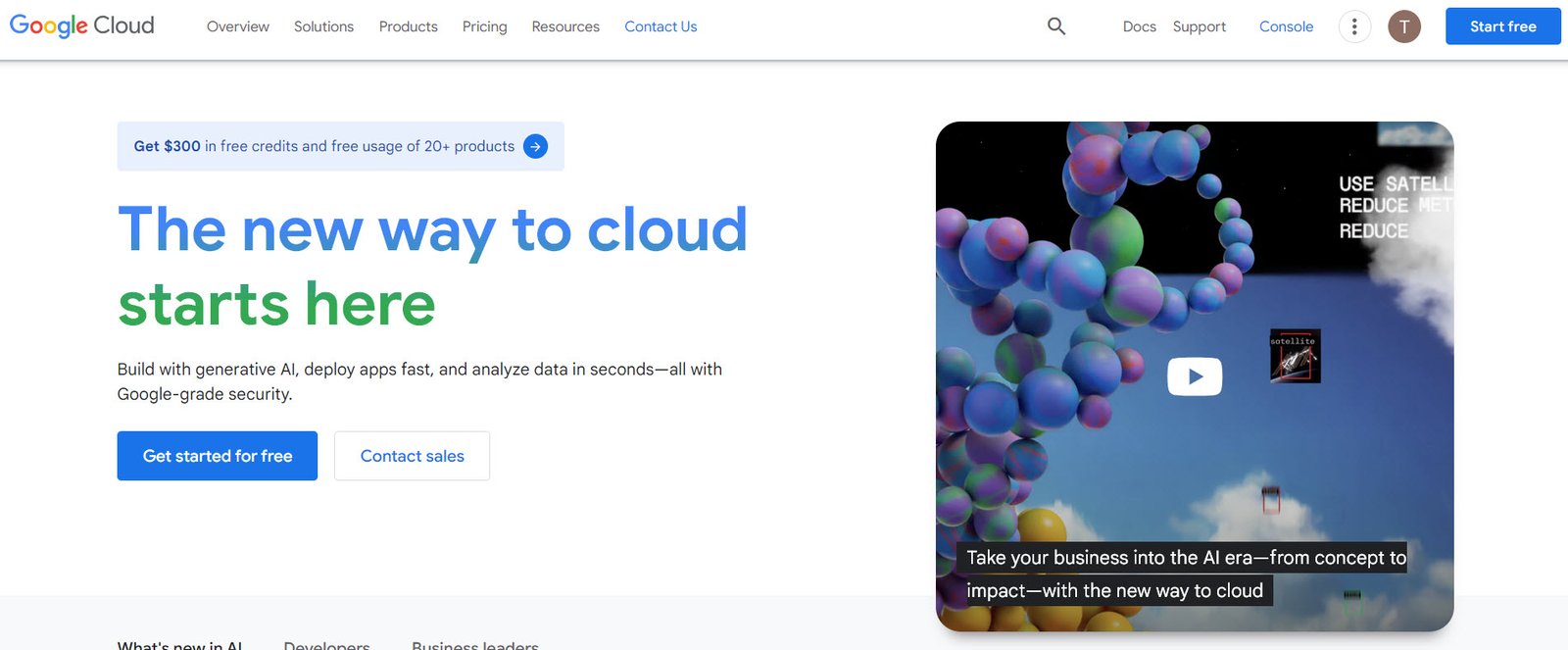
4. IBM Cloud
IBM Cloud caters to enterprises prioritizing security, scalability, and AI-driven innovation. With robust support for hybrid and multi-cloud environments, it facilitates integration with Kubernetes and VMware.
Its Watson AI services excel in natural language processing and automation, while the IBM Blockchain Platform offers secure transaction solutions. Trusted by industries such as banking and healthcare, IBM Cloud provides enterprise-grade reliability for complex IT needs.
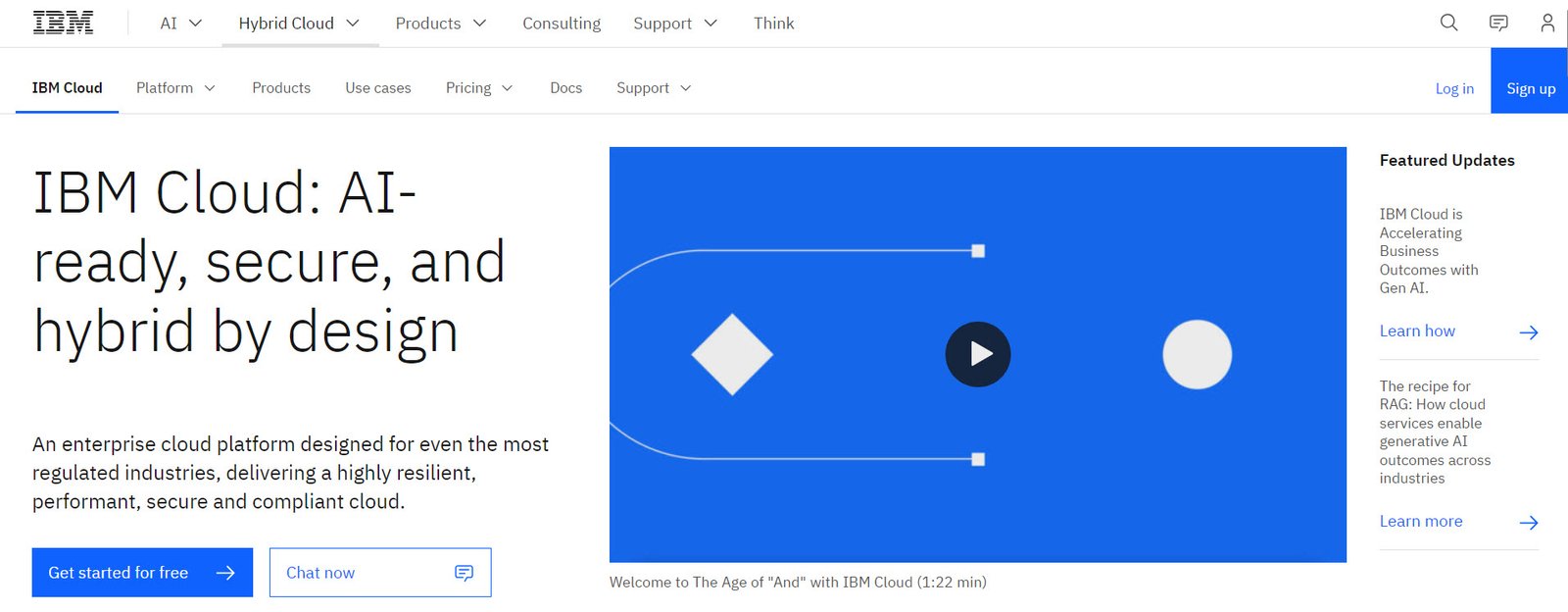
5. Oracle Cloud Infrastructure (OCI)
OCI specializes in high-performance computing and enterprise-grade database solutions. Its Autonomous Database offers self-managing and self-repairing capabilities, while its compute and networking services deliver exceptional performance.
With applications like Oracle ERP and HCM Cloud, OCI is a compelling option for organizations already in the Oracle ecosystem. Its competitive pricing further enhances its appeal for businesses seeking value and performance.
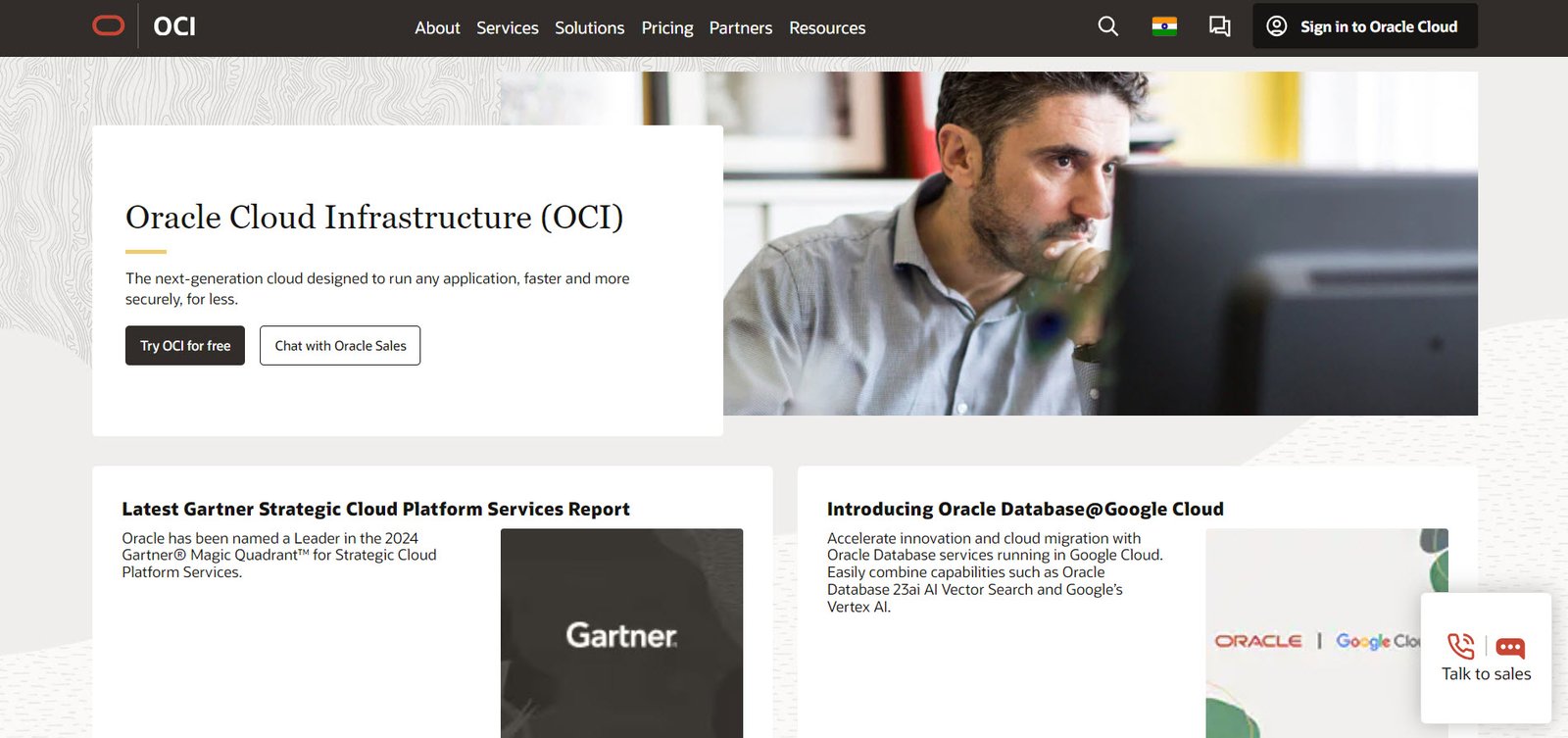
6. Alibaba Cloud
As Asia’s leading cloud provider, Alibaba Cloud serves businesses worldwide with comprehensive solutions tailored for e-commerce and analytics. It offers specialized tools like MaxCompute for big data and ET Brain for AI-powered insights.
Its global data center network ensures reliability, while advanced security features protect sensitive data. With a strong foothold in Asia, Alibaba Cloud is an excellent choice for businesses targeting the region or the e-commerce sector.
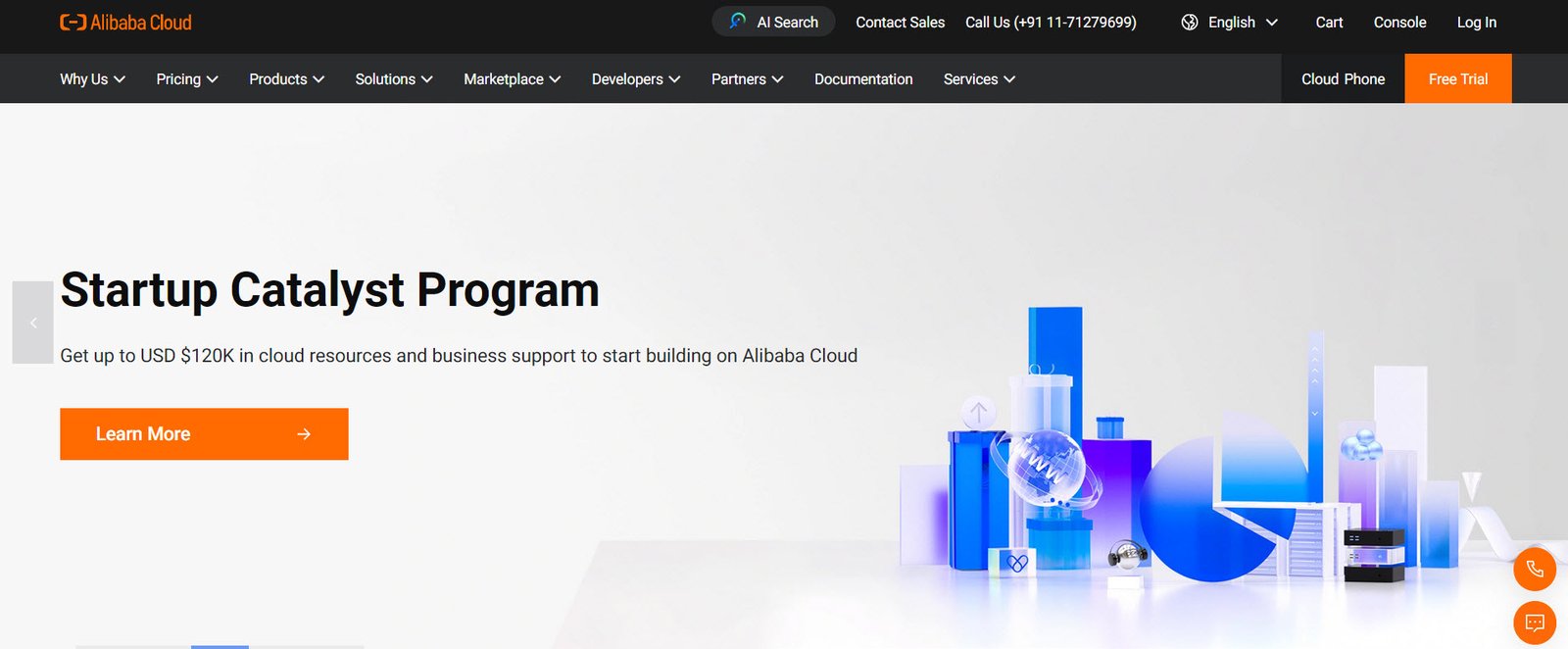
7. Salesforce Cloud
Salesforce extends beyond its renowned CRM software to provide a suite of cloud services aimed at enhancing customer engagement. Sales Cloud supports sales automation, Service Cloud delivers customer support tools, and Marketing Cloud enables personalized campaigns.
Moreover, Commerce Cloud offers robust e-commerce solutions for B2C and B2B businesses. With its customer-centric focus, Salesforce empowers organizations to build stronger relationships with their clients.
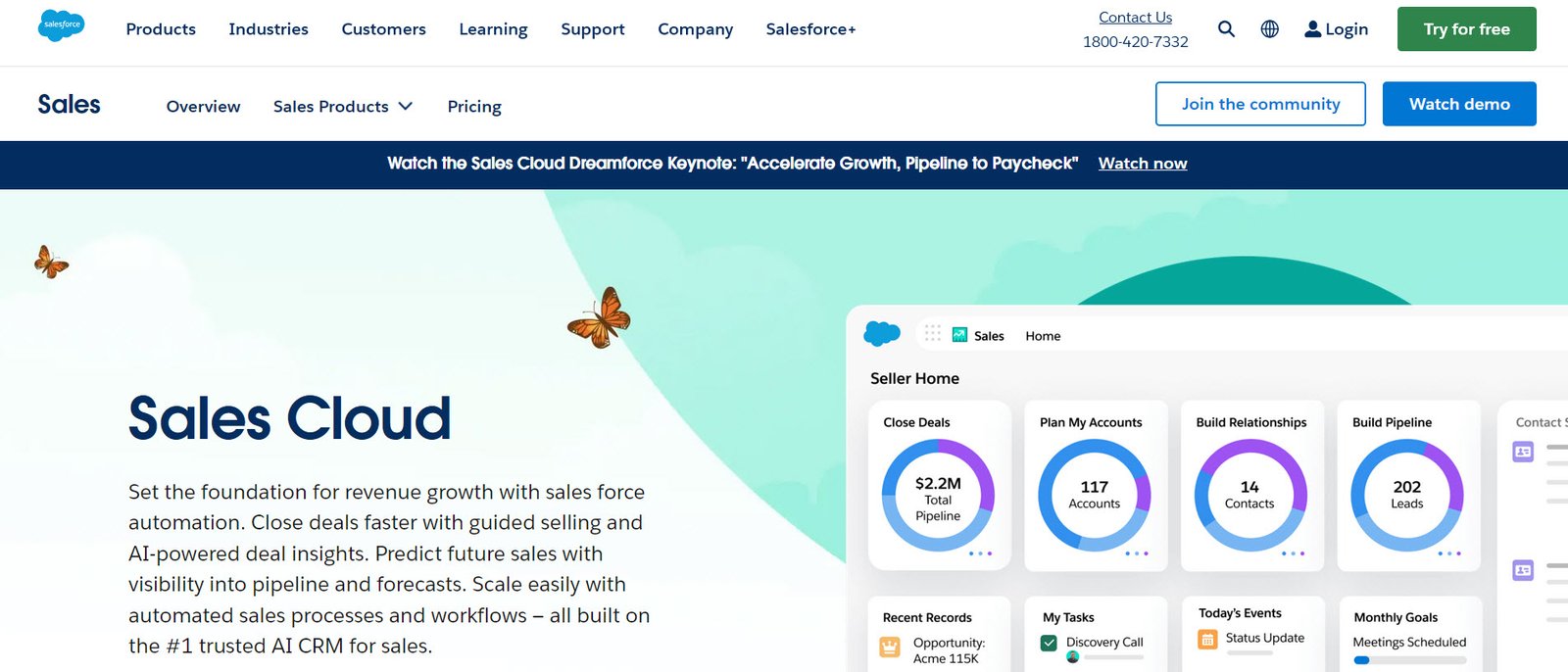
8. VMware Cloud
VMware Cloud excels in hybrid cloud and virtualization solutions, helping businesses modernize their IT infrastructure. VMware vSphere provides efficient resource management through virtualization, while VMware Cloud on AWS seamlessly integrates on-premises and cloud environments.
The Tanzu platform supports app modernization, and VMware’s comprehensive security tools protect workloads. Its leadership in hybrid solutions makes it an essential partner for IT transformation.
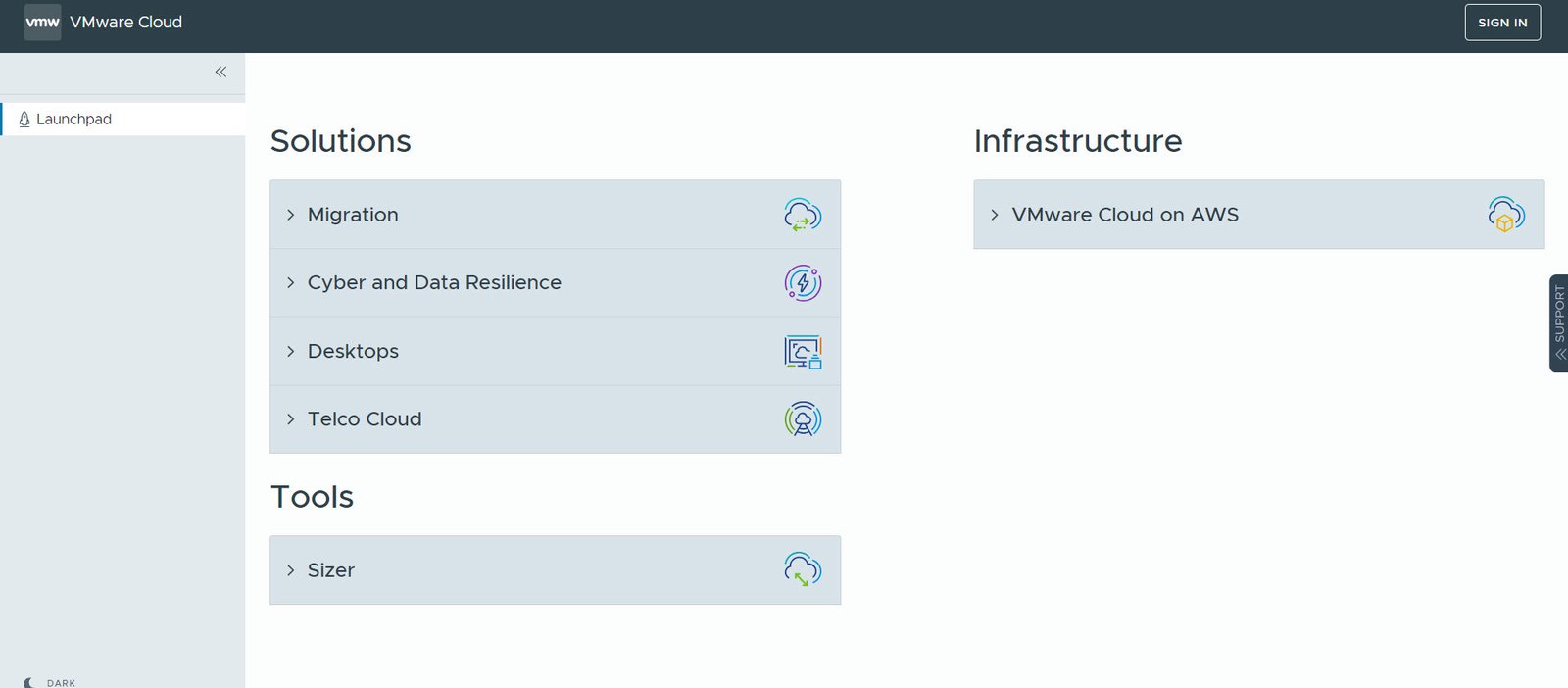
9. SAP Cloud Platform
SAP Cloud Platform optimizes business processes with enterprise solutions tailored to specific industries. SAP S/4HANA delivers advanced enterprise resource planning, while integration services ensure seamless connections between SAP and third-party applications.
Its data management tools enable efficient handling of enterprise data, and industry-specific solutions cater to sectors like retail and manufacturing. SAP’s deep integration with enterprise workflows makes it indispensable for large organizations.
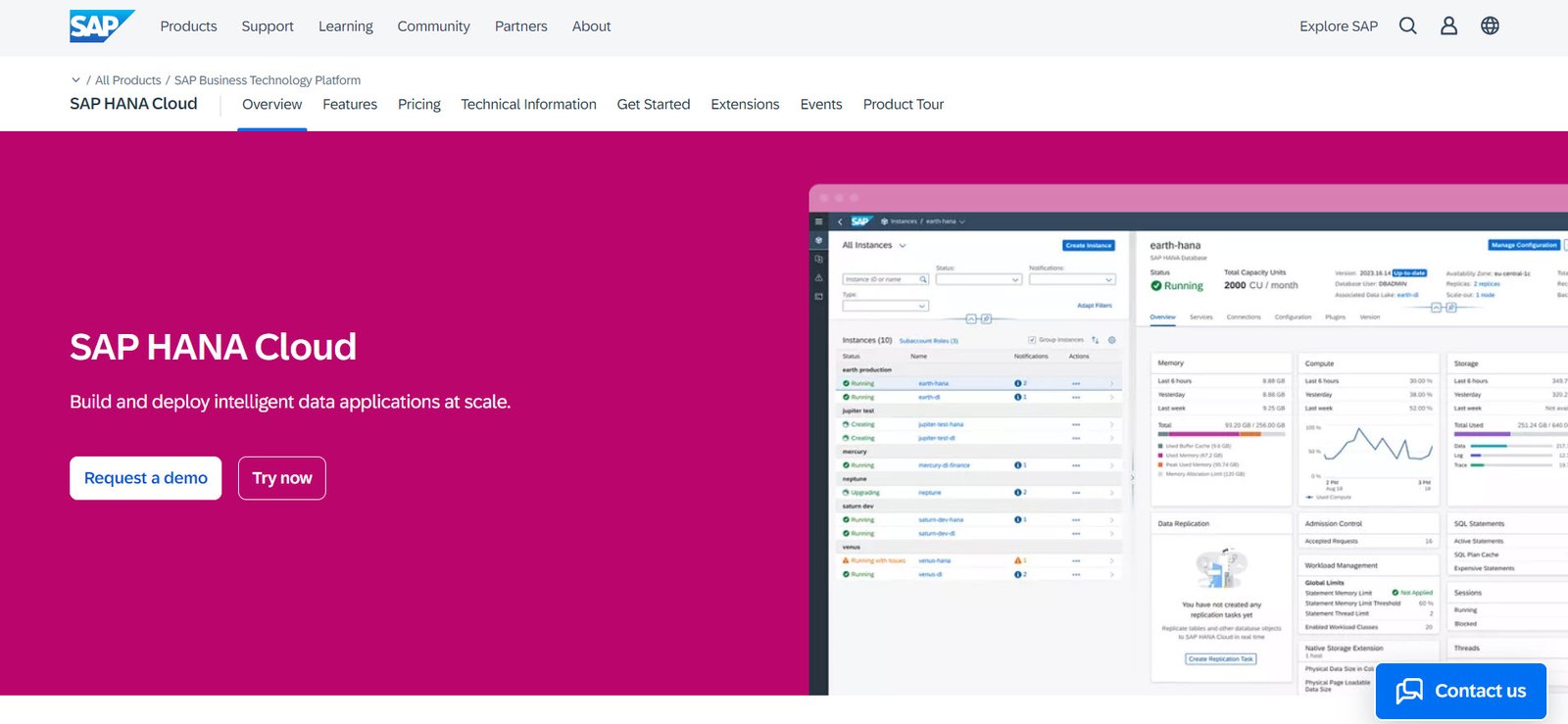
10. DigitalOcean
DigitalOcean stands out as a developer-friendly platform catering to startups, small businesses, and independent developers. It offers Droplets, scalable virtual machines for hosting applications, managed database solutions, and a straightforward Kubernetes platform.
With extensive documentation and API support, DigitalOcean simplifies cloud adoption for smaller projects and budget-conscious developers, making it a popular choice for early-stage ventures.
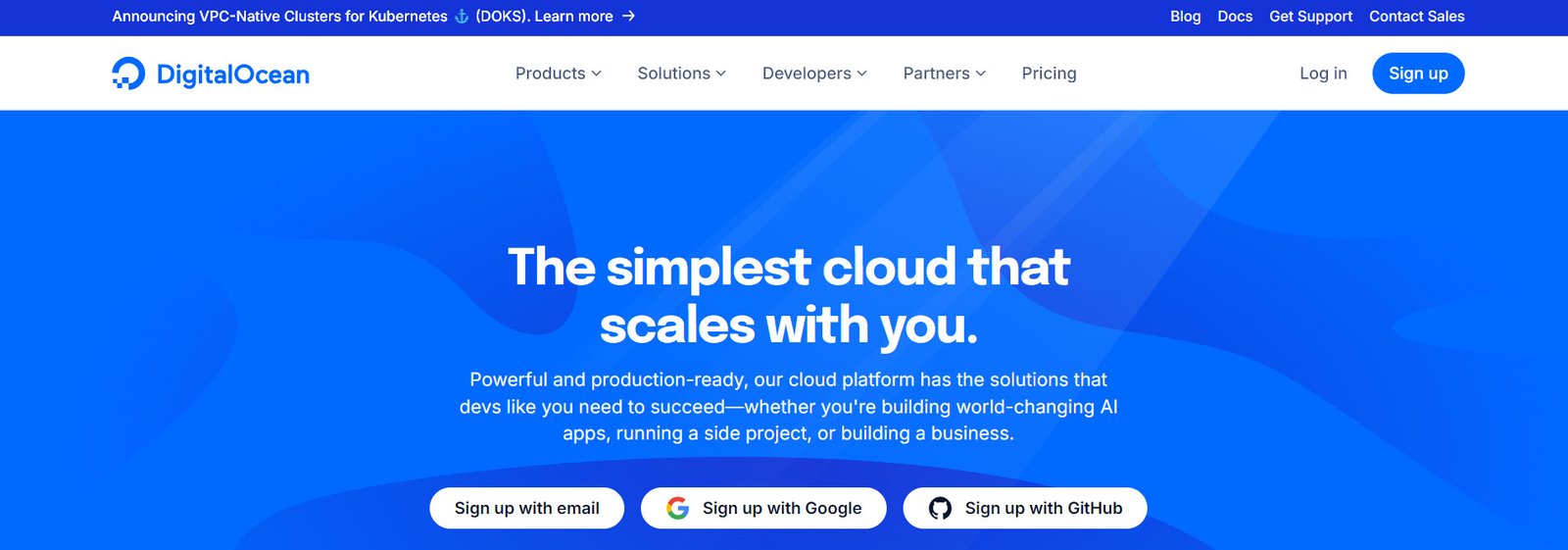
Conclusion
The cloud computing landscape offers diverse solutions tailored to the unique needs of businesses and developers. From global giants like AWS, Microsoft Azure, and Google Cloud to specialized platforms like DigitalOcean and SAP Cloud, each provider brings its own strengths to the table. When choosing a cloud service, consider factors like scalability, cost, security, and compatibility with your existing systems.
With the right platform, you can unlock new opportunities for innovation, efficiency, and growth in today’s digital age.




Pingback: Top 8 Database Management Tools for Enterprises - TopatTop.com
Pingback: Top 8 ERP Solutions for Growing Companies - TopatTop.com
Pingback: Best CRM Tools for Sales Teams in 2025 - TopatTop.com
Pingback: Top 7 Gaming Platforms for Gamers Worldwide - TopatTop.com